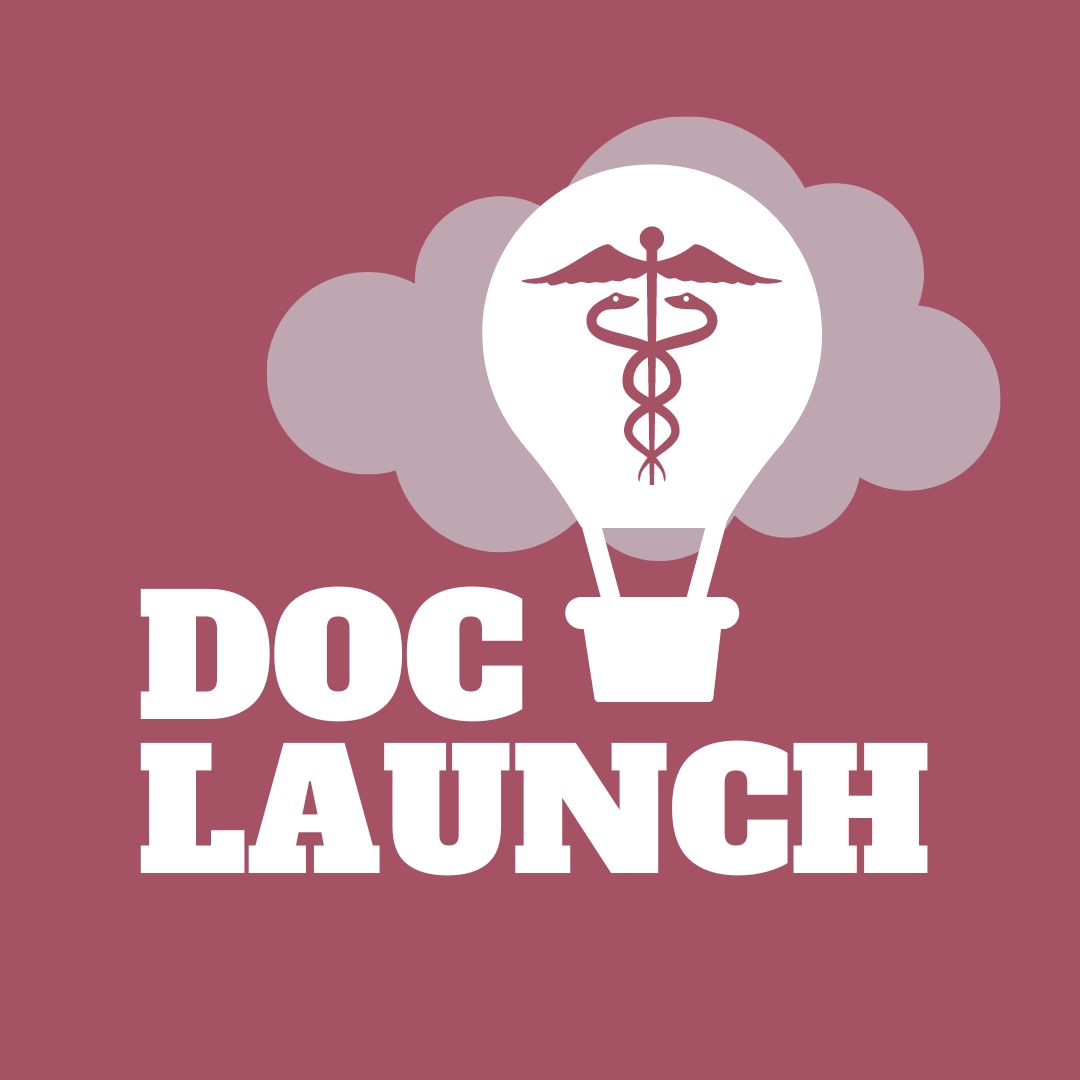The allure of independence often draws physicians to start their own practices. The promise of greater control over one’s schedule and practice style is enticing, especially when compared to the rigid structures of large healthcare systems. However, the reality of being an independent practitioner is nuanced, offering both freedoms and challenges that can significantly impact work-life balance.
The Freedom of Flexibility
One of the most celebrated aspects of owning a medical practice is the ability to set your own schedule. Gone are the days of inflexible shift work or being at the mercy of an administrator’s roster. As an independent practitioner, you have the power to structure your workday in a way that aligns with your personal life and professional goals.
This flexibility can be transformative. Perhaps you’re a parent who wants to attend your child’s school events, or you’re pursuing additional certifications and need time for study. Maybe you’re simply at your most productive during non-traditional hours. Whatever your situation, owning your practice allows you to tailor your schedule to your unique needs and preferences.
Customizing Patient Care
Independence also means the freedom to practice medicine according to your vision. You can spend more time with patients, offer innovative treatments, or specialize in areas you’re passionate about. This level of autonomy can lead to greater job satisfaction and a sense of fulfillment that directly contributes to a better work-life balance.
The Challenge of Boundaries
However, the flip side of this coin is the potential for work to bleed into every aspect of life. When you’re the boss, you’re always on call – not just for patient emergencies, but for every aspect of running a business. The lines between work and personal life can blur, leading to longer hours and increased stress.
Setting clear boundaries becomes crucial. This might mean establishing strict “office hours” for administrative tasks, delegating responsibilities to trusted staff, or learning to say no to non-essential commitments. The key is to recognize that while you have the freedom to work whenever you want, you also have the responsibility to create structure for yourself.
The Weight of Responsibility
Owning a practice means wearing many hats – physician, business owner, manager, and sometimes even IT support. Each role comes with its own set of responsibilities and potential stressors. Financial management, compliance with ever-changing regulations, and staff supervision are just a few of the tasks that can eat into your time and energy.
This increased responsibility can lead to higher stress levels and longer work hours, especially in the early years of practice ownership. It’s not uncommon for independent practitioners to find themselves working more, not less, compared to their employed counterparts.
Strategies for Success
Achieving work-life balance as an independent practitioner requires intentional effort and smart strategies:
Efficient Practice Management: Invest in systems and technologies that streamline operations. This might include practice management software, automated appointment reminders, or outsourcing billing services.
Delegate and Trust: Build a competent team and learn to delegate. You can’t – and shouldn’t – do everything yourself.
Set Realistic Expectations: Understand that building a successful practice takes time. Be patient with yourself and set realistic goals for growth and work-life balance.
Prioritize Self-Care: Make time for exercise, hobbies, and relationships. Your practice will benefit from a well-rested, balanced you.
Continuous Learning: Stay informed about business management and leadership. The more efficiently you can run your practice, the more time you’ll have for yourself.
Network with Peers: Connect with other independent practitioners to share experiences and strategies. Sometimes, the best solutions come from those who’ve walked the same path.
The Ebb and Flow of Balance
It’s important to recognize that work-life balance isn’t a static achievement but a dynamic process. There will be times when work demands more of your attention, and periods when you can focus more on personal life. The key is to strive for overall balance over time, rather than perfect equilibrium every day.
A Personal Definition of Success
Ultimately, work-life balance as an independent practitioner is deeply personal. What feels balanced to one physician may feel overwhelming or unfulfilling to another. The beauty of independence is the ability to define success on your own terms – both professionally and personally.
Owning a medical practice offers unparalleled opportunities for creating the life and career you envision. While the challenges are real, so too are the rewards. With careful planning, strong boundaries, and a commitment to personal well-being, independent practitioners can achieve a fulfilling balance between their passion for medicine and their personal lives.

